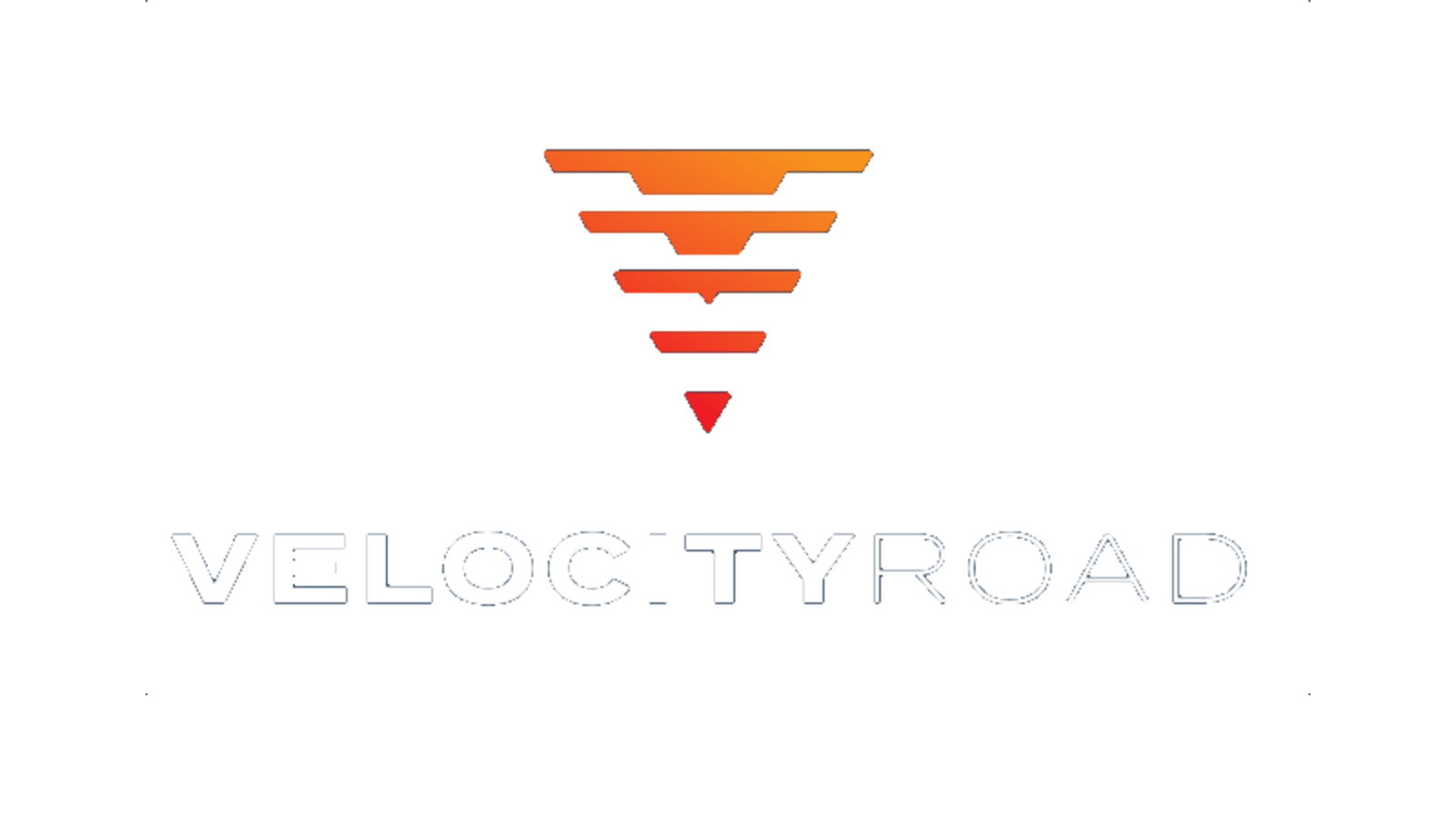AI Acceleration: From Pilots to Enterprise Transformation
🚀 The Great AI Acceleration: When Pilots Become Production
Across industries, we’re witnessing what can only be called The Great AI Acceleration—a fundamental shift from tentative pilots to full-scale production deployments. Companies aren’t just testing AI anymore; they’re betting their competitive futures on it.
Marc Benioff of Salesforce captures the moment perfectly: organizations with standalone “AI budgets” are missing the point entirely. The winners are embedding AI so deeply into their operations that it becomes invisible infrastructure for superior performance. Meanwhile, spending on AI model APIs has more than doubled to $8.4 billion as enterprises shift from model development to production inference.
This isn’t gradual adoption—it’s transformation at warp speed. And the implications for mid-market leaders are profound.
Let’s dive in.

🎯 From Boardroom to Bottom Line: AI’s ROI Revolution

The most striking development isn’t technological—it’s financial. Organizations are finally cracking the code on AI ROI, and the results are reshaping how executives think about technology investments entirely.
The Budget Integration Breakthrough
Marc Benioff’s insight about AI budgets being “a mistake” reveals a deeper truth about organizational maturity. Companies successfully deploying AI are those that’ve embedded it within departmental budgets where teams can be held accountable for outcomes. Service teams own efficiency gains, sales teams drive productivity improvements, and operations teams deliver cost reductions—all powered by AI, but measured by business impact.
This shift represents what experts call the move from “technology-first” to “outcome-first” thinking. Organizations are discovering that AI governance isn’t just about compliance—it’s about creating trustable feedback loops that enable executives to measure real value.
The Production Inference Explosion
Perhaps the most telling statistic: 74% of builders now report that the majority of their AI workloads are inference-driven (actually running in production), up from just 48% a year ago. This represents a fundamental maturation of the market—companies have moved beyond training models to actually deploying them at scale.
Enterprise dollars are consolidating around high-performing, closed-source models, with Anthropic emerging as the new enterprise leader at 32% market share, surpassing OpenAI’s 25%. The reason? Performance-driven decision making. When businesses find models that work, they upgrade en masse—often within weeks of a new release.
Governance as Growth Engine
The most sophisticated organizations are discovering that robust governance actually accelerates AI adoption. Companies with strong AI governance are breaking down organizational silos and creating shared frameworks that align data investments with company-wide objectives. They’re proving that AI ROI isn’t a static dashboard metric—it’s a distributed force waiting to be captured across the enterprise.
📌 Bottom Line: The era of AI experimentation is ending. Companies that embed AI into departmental accountability structures while maintaining strong governance are pulling ahead—fast. The question isn’t whether to invest in AI anymore; it’s whether you’re structuring those investments for measurable impact.

🏭 AI Across Industries: Production Deployment Stories

💰 Financial Services: From Security Threat to Strategic Advantage
Financial institutions are experiencing an AI renaissance, with over 90% reporting positive revenue impact from their implementations. The sector has moved far beyond basic chatbots to sophisticated agentic systems that manage everything from fraud detection to investment strategies.
Capital One’s Chat Concierge exemplifies this evolution—a multi-agent conversational AI that helps customers navigate complex automotive purchases 24/7. The system doesn’t just answer questions; it compares vehicles, schedules test drives, and coordinates with sales teams. Meanwhile, BlackRock’s Aladdin Copilot is revolutionizing investment management by allowing teams to create specialized AI agents for different market segments while maintaining unified communication standards.
📌 Takeaway: Financial services firms are proving that AI can enhance both customer experience and operational security when deployed with proper governance frameworks.
🏥 Healthcare & HR: The Human-AI Partnership
Healthcare organizations are finding their sweet spot in administrative automation while preserving human touch in patient care. Oracle’s research shows that AI agents in HR are freeing human professionals to focus on strategic relationship-building—exactly what engaged workforces need.
The breakthrough isn’t replacing humans but amplifying them. AI agents handle routine performance review drafts, identify skill gaps, and recommend personalized learning paths, while HR professionals focus on nuanced coaching and development conversations. Organizations with engaged employees see 50% less turnover, making this human-AI collaboration a competitive imperative.
📌 Takeaway: The most successful healthcare and HR deployments preserve human judgment while automating administrative overhead—a model applicable across people-intensive industries.
🏗️ Real Estate & Construction: Physical Meets Digital
Real estate is undergoing a digital transformation that extends far beyond virtual tours. AI is now projected to reach $1,047 million by 2032 in the sector, driven by applications from predictive property valuation to automated tenant screening.
Advanced AI systems are analyzing vast datasets—property listings, demographic insights, economic indicators—to forecast market trends and property values with unprecedented accuracy. Virtual staging powered by generative AI is reducing time-to-market while increasing inquiry volumes, proving that AI’s impact extends beyond back-office operations to direct revenue generation.
📌 Takeaway: Traditional industries like real estate are discovering that AI’s biggest value lies not in replacement but in augmentation—enhancing human expertise with data-driven insights.
🎓 Education: Admissions Revolution
Higher education is experiencing an administrative transformation that’s reshaping student experiences from application to graduation. AI-powered admissions platforms are processing documents 10x faster than manual teams while maintaining higher accuracy rates.
Platforms like EDMO have quietly revolutionized university admissions by handling document analysis, grade conversion, and candidate identification—all in minutes rather than weeks. The impact extends beyond efficiency: institutions report smoother applicant experiences, more accurate evaluations, and better conversion rates when AI handles routine processing while humans focus on strategic engagement.
📌 Takeaway: Educational institutions prove that AI adoption success depends on identifying high-volume, rule-based processes where accuracy and speed create immediate value.

📊 AI by the Numbers: The Production Reality

🔒 97% of organizations breached by Shadow AI lacked proper access controls (IBM Security Report)
📈 32% of customer service interactions are now fully automated through AI agents at Club Med, with 95% accuracy
💸 $1.9 million in average savings per breach for organizations using AI extensively in security compared to those without
🎯 66% of young adults (18-24) now use AI chatbots as frequently as Google for information searches
⚡ 3.5 hours reduction in average first-response time achieved by Club Med’s WhatsApp AI integration—from 4-6 hours to just 30-40 minutes

📰 5 AI Headlines You Need to Know

🌐 OpenAI’s Browser Ambitions Could End Search as We Know It. Reports suggest OpenAI is developing an AI-powered browser that won’t just find information—it will complete tasks, from booking flights to handling forms, potentially making traditional search obsolete.
🛡️ Shadow AI Costs Companies an Extra $670K Per Security Breach. BM’s latest security report reveals that breaches involving unauthorized AI tools cost 16% more than standard incidents, highlighting the urgent need for AI governance frameworks.
🏦 Ally Bank Leads Financial Services AI Adoption with Company-Wide Rollout. After successful call center implementations, Ally has deployed its custom AI platform to all 10,000 employees, with 50% adoption within 48 hours of launch.
🤖 Anthropic Overtakes OpenAI in Enterprise AI Usage. New research shows Claude now commands 32% of enterprise AI usage compared to OpenAI’s 25%, driven by superior code generation capabilities and agent-first design.
🎯 Physical AI Breakthroughs Promise Real-World Impact by 2026. Deloitte predicts significant traction for AI-powered robotics and IoT systems in manufacturing, logistics, and healthcare as safety and security frameworks mature.

🎯 Final Take: The Acceleration Imperative

The Great AI Acceleration isn’t just changing how companies operate—it’s redefining what it means to be competitive. Organizations that master the transition from pilot to production, from experimentation to integration, are creating sustainable advantages that compound over time.
The lesson from leaders like Salesforce, Ally Bank, and Club Med is clear: success requires more than implementing AI tools. It demands restructuring how you measure success, embedding AI accountability into departmental budgets, and building governance frameworks that enable rather than constrain innovation.
For mid-market companies, this moment represents both opportunity and urgency. The AI acceleration is real, the returns are measurable, and the window for strategic advantage remains open—but it won’t stay that way forever.
📩 Ready to accelerate your AI transformation?
🎯 Ready to transform your AI experiments into production powerhouses? At Velocity Road, we help mid-market companies navigate the transition from AI pilot to profit center through strategic planning, implementation support, and change management expertise.
Let’s discuss how we can accelerate your AI journey—schedule a consultation today.
📬 Forward this newsletter to colleagues who need to understand AI’s production reality. And if you’re not subscribed yet, join thousands of executives getting weekly intelligence on AI’s business impact.
Until next week,
The Velocity Road Team




